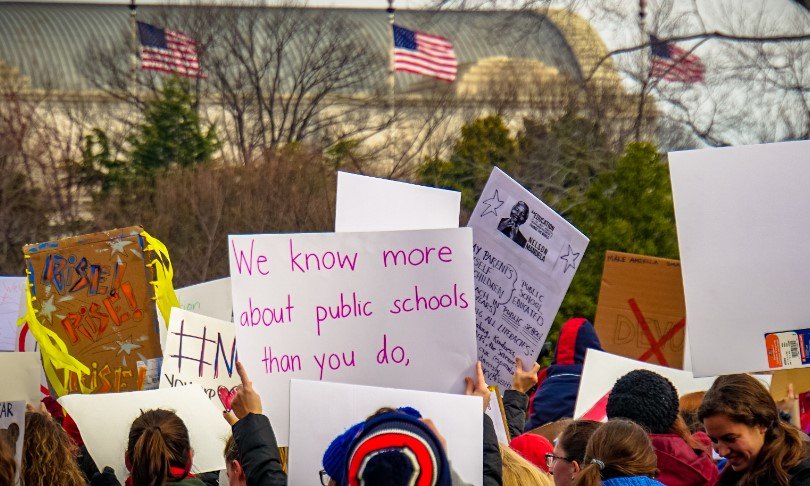Georgia stands at a pivotal moment in educational policy as a new voucher program introduces a potential shift in school funding dynamics. The program, which allocates $141 million annually, is designed to aid students from lower-performing schools in transitioning to private institutions. This move has sparked a debate on the future of public education and the role of government funding in private schooling.
The Voucher Program’s Genesis
The inception of Georgia’s voucher program is rooted in the desire to provide alternatives to public schooling for students in underperforming districts. Proponents argue that this offers a lifeline to families seeking better educational opportunities. However, critics warn of the long-term consequences, fearing it may signal the beginning of a gradual erosion of public school systems.

The program’s structure is such that it prioritizes students from specific educational backgrounds, but the broader implications of its implementation are yet to be fully understood. As the program unfolds, its impact on public education funding and the landscape of school choice will be closely scrutinized.
The Debate Intensifies
As the voucher program moves forward, the dialogue between its supporters and detractors grows more heated. Supporters see it as a necessary evolution in educational choice, while opponents view it as a threat to the integrity and viability of public schools.
The discussion extends beyond the halls of academia into the homes of Georgia residents, who must consider the value of public education against the allure of private schooling. The outcome of this debate will likely influence educational policy decisions for years to come.
Looking to the Future
The future of Georgia’s educational system hangs in the balance as the voucher program takes its first steps. Its success or failure will serve as a case study for other states contemplating similar measures.
The program’s effectiveness in improving educational outcomes will be measured against its impact on public school resources. As Georgia navigates this uncharted territory, the nation watches, anticipating the ripple effects that may follow.

Comments